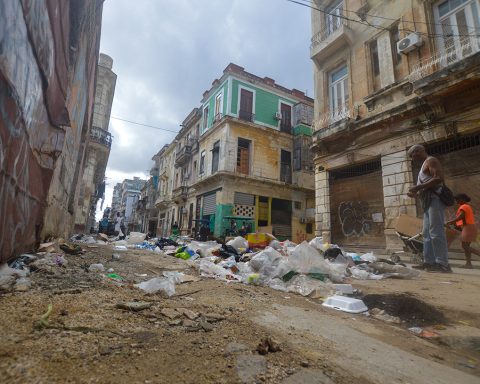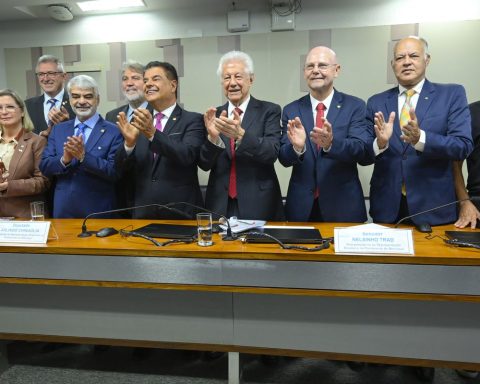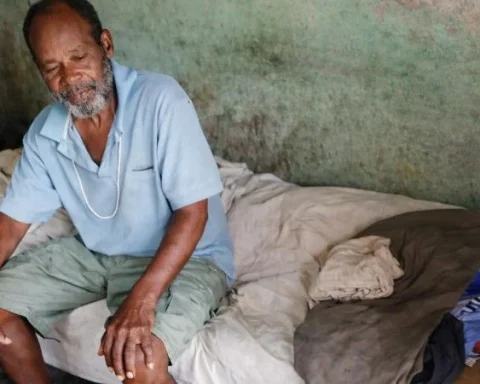Hate speech issued by the Nicaraguan government against opponents of President Daniel Ortega has increased exponentially since the beginning of the sociopolitical crisis, according to sociologists and analysts consulted by the Voice of America.
According to experts, hate speech is that which produces a negative and aggressive message against a sector that thinks differently.
Vice President Rosario Murillo has led her messages against the opposition, calling them with adjectives ranging from “stateless” to “heartless” and “slot machines of the empire,” referring to being U.S. workers.
“We live in a prosperous country, a country that progresses, and that is the progress that the outdated junk, the heartless, do not want to see. The unmasked devils of grass do not accept that the people improve. They are crooked in soul, they are blind and deaf to understand the good,” said Murillo in reference to his critics in a recent message issued on July 15.
Sociologist and feminist María Teresa Blandón points out that in Central America, but also in several Latin American countries, “it has become fashionable for political leaders, but even some leaders of civil society organizations and, what is worse, people who are at the head of governments and state institutions, to show off rudeness to insult those they consider their enemies.”
“Insults, disqualification, stigmatization, dehumanization of others, of those who think differently or who publicly criticize, or who mobilize to defend their rights, seem to be becoming the norm,” says Blandón.
The sociologist stresses that this is not exclusive to poor education or a lack of civic values, but also to a discursive strategy that has purposes.
“It is no coincidence that people like Daniel Ortega or Rosario Murillo or Javier Milei in Argentina, to name a few examples, or Jair Bolsonaro in Brazil, are increasingly resorting to insults, unfounded accusations, denigration and even ridicule, as Maduro has done, for example, in Venezuela with the main opposition candidate,” says Blandón.
In Argentina, President Milei is accused by his critics of maintaining harsh speeches against his critics. The president has closed several institutes and other public bodies that, in his opinion, “are useless.”
Sociologist and professor at the University of Costa Rica Carlos Sandoval points out that hate speech in societies has “very negative” repercussions and fuels “polarization” and shapes the forms of social relationships that affect other sectors of society.
“It is very likely that hatred will take hold,” Sandoval told the VOA.
Hate speech is banned by the UN
Hate speech in Nicaragua has been directed not only at the opposition, but also at religious figures, explains Yader Valdivia, from the Nicaragua Never Again Human Rights Collective.
Vice President Rosario Murillo has described priests as “servants of Satan,” “representatives of the devil,” and “blasphemers” in her daily speeches.
Valdivia says hate speech is prohibited by the United Nations International Covenant on Civil and Political Rights in its Article 20 which establishes that “any advocacy of national, racial or religious hatred that constitutes incitement to discrimination, hostility or violence shall be prohibited by law.”
“Daniel Ortega and Rosario Murillo are promoting hatred and violating the law, and this is happening in a serious context of human rights violations,” says Valdivia.
According to sociologist Carlos Sandoval, there is a great irony in that “in these times there are governments that in principle identify with different world views that agree with that discourse of what is usually called authoritarian populism and, indeed, Milei in Argentina, Chaves in Costa Rica, Bukele in El Salvador and Ortega in Nicaragua share a vocabulary and a polarizing way of attacking those who disagree with their points of view.”
Connect with the Voice of America! Subscribe to our channelsYoutube, WhatsApp and to newsletter. Turn on notifications and follow us on Facebook, X and Instagram.
















